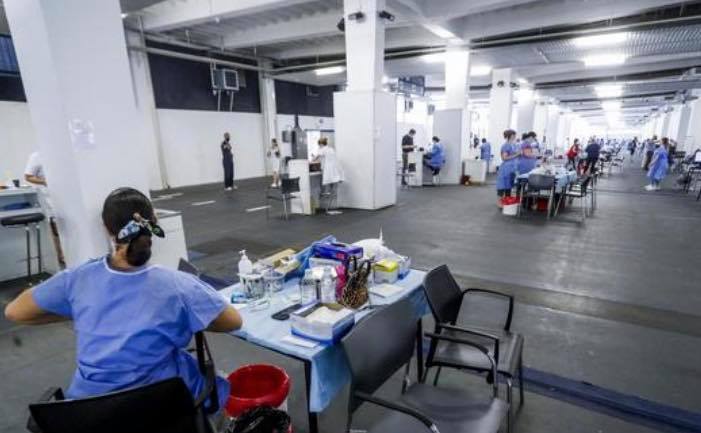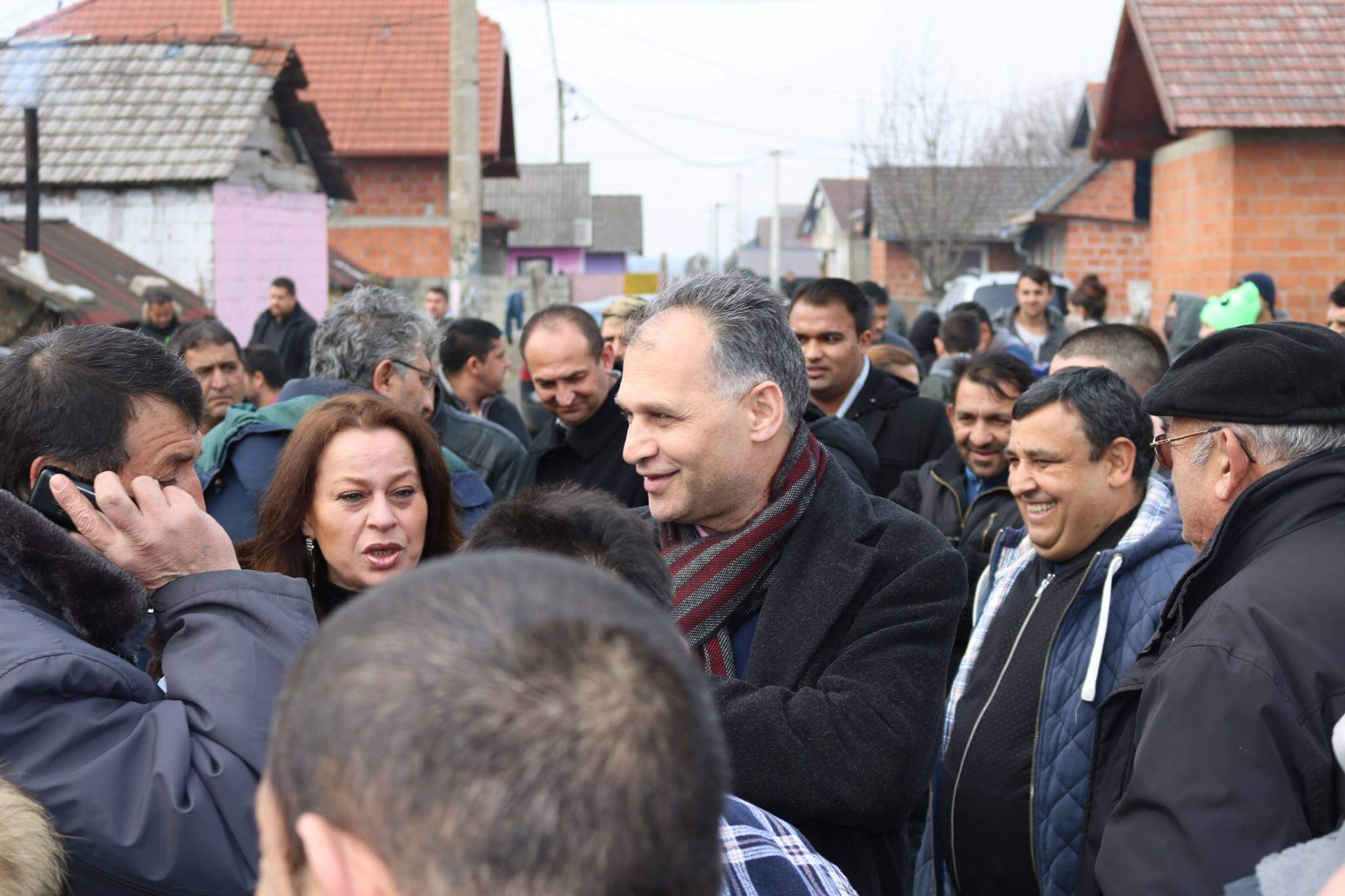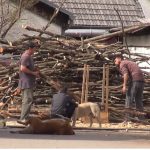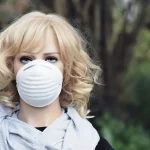A recent TCN report about vaccinating Roma people people saw the Croatian Institute of Public Health (HZJZ) send the answers that didn’t make it out before the publishing of the article. They apologised, stating that it all might have come down to a mistake in communication, suggesting that their reply might have been originally sent to the wrong address (after sending, forwarding, and lots of e-mail addresses involved, one can understand that the answers could have been sent to the wrong email).
Either way, it’s fantastic to receive some new info on the matter.
A quick reminder, Veljko Kajtazi, a member of the Croatian parliament, elected as a representative of the Roma community, told TCN that official research of the percentage of vaccinated Roma people hasn’t been conducted, but added that he frequently goes ”to out into the field” and can see that the situation isn’t with vaccinating Roma people isn’t good.
”If 45% of the Croatian population is vaccinated, I can say that Roma people are a very small percentage of that number,” commented Kajtazi. He also recognised fake news as the cause of lowered interest in the vaccine.
”Last year, 80% of Roma people wanted to take the vaccine, but today, they’re scared and believe in various conspiracy theories. People aren’t informed, and social media spreads so much disinformation,” stated Kajtazi.
 © Cijepljenje / Vakcinacija
© Cijepljenje / Vakcinacija
Ethnicity is not a criterion for vaccination
HZJZ responded that they also hadn’t conducted any research about attitudes towards COVID-19 vaccines among the country’s Roma people. They also haven’t come up with any statistics for the percentage of vaccinated Roma people.
”During the vaccination process, no differences are made in regards to ethnicity as the vaccination plan doesn’t see ethnicity as a criterion for who can take the vaccine and who can’t. This is the same with Roma people and for any other ethnic minority,” explained HZJZ. They added how they asked each of the county branches of the Public health Institute about vaccinating Roma people and the field information confirmed that vaccination is being carried out in accordance with the current vaccination plan.
”So far, there has been no analysis of the number of vaccinated people based on ethnicity at the state level, and local institutes don’t keep a record of vaccinated people based on their ethnicity. This doesn’t exclude the possibility of retrograde analysis in accordance with available data,” pointed out HZJZ.
Regarding the isolation of Roma people, HZJZ said that local institutions arranged open points for the vaccination for all Croatian citizens, and they suggest that they had arrived at this point due to the partially inadequate organisation and a lack of financial conditions, not to mention a lack of human resources for vaccination in Roma villages.
However, the trouble of the isolation of Roma villages does seem to be something HZJZ recognises as a challenge in vaccine availability.
”With the goal of accomplishing a higher vaccination rate among the Roma community, we think an optimal solution would be to organise transport for the Roma community to the open vaccination points. But, that isn’t in the domain of HZJZ, so we’d like to invite institutions that can help in organising transport to contact their nearest Institute for Public Health. Simply put, these institutes will organise vaccination wherever necessary, but to organise for citizens to come to the vaccination location by some special conditions, the organisational assistance of other contributors is needed,” they concluded from HZJZ.
With Kajtazi previously stating for TCN that he is regularly in contact with the authorities when it comes to ensuring vaccines, as well as for real scientific information on their safety and efficiency, the organisational issues of transport to the vaccination points could be resolved.

Roma Representative in Croatian Parliament, Veljko Kajtazi, visiting Roma people in Varaždin © Savez Roma u RH “KALI SARA”
With increasing numbers of new cases of infection being noted, the situation may not be as dramatic for the moment but could escalate quickly if Croats fail to recognise the importance of vaccination, not just because of the risk of ending the tourist season early but also due to the potential of another heavy blow to the Croatian healthcare system.
At the time of writing this article, the latest report noted 179 new cases, one death, and 98 recoveries. Additionally, health officials had administered nearly three million vaccine doses. Thus, 1.604 million people have received at least one dose of vaccine against COVID-19, and 1,401,029 have fully been vaccinated (1,360,822 have been double-jabbed plus 40,207 who have received the single-dose Jannsen vaccine), and this makes up 41.614% of the Croatian adult population.
Learn more about travelling to Croatia during the COVID-19 pandemic on our TC page.
For more about COVID-19 in Croatia, follow TCN’s dedicated page.











